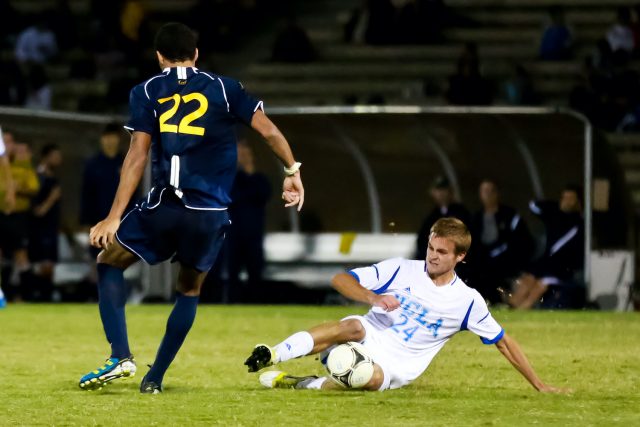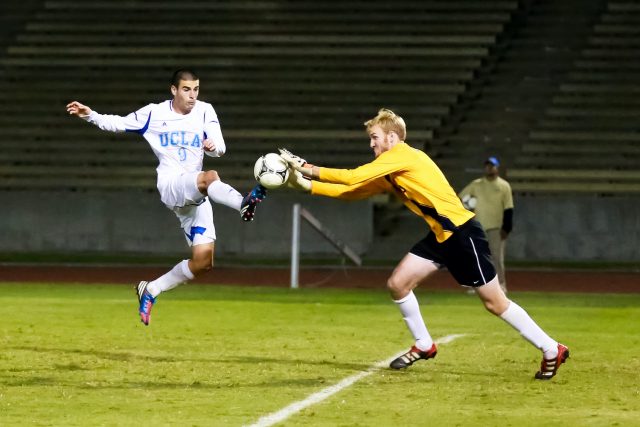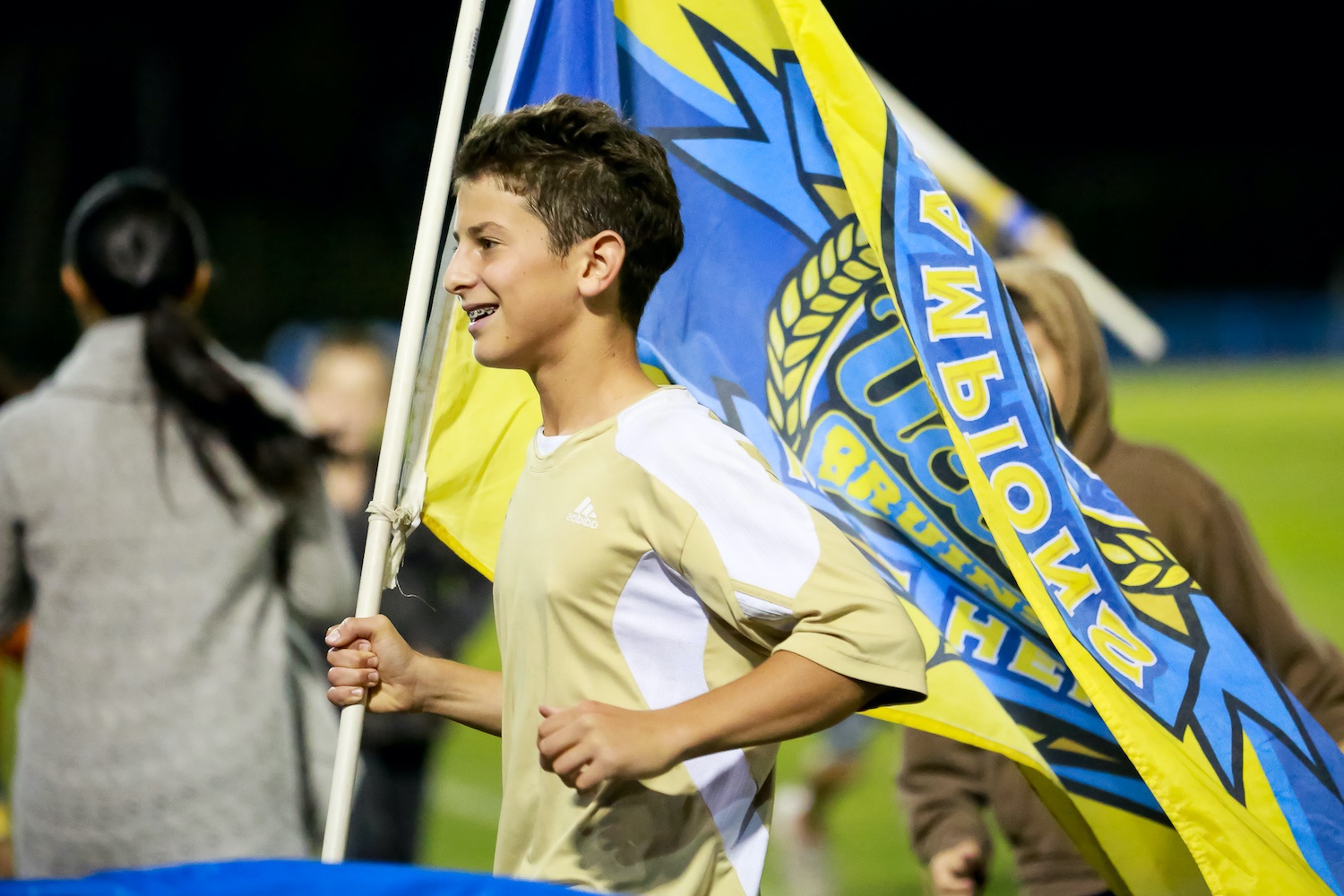The normal start date of collegiate soccer is less than a month away. Here is the latest information as the impact of the coronavirus forces athleti
The normal start date of collegiate soccer is less than a month away. Here is the latest information as the impact of the coronavirus forces athletic programs to find the best way forward in this unprecedented time. As the Assistant Coach for the Soka University Mens Soccer Team I have been tracking this process over the last few months. Already, the financial impact of the pandemic is a reason the University of Cincinnati and Appalachian State are dropping their mens soccer programs altogether.
Whats the latest in regards to playing in the fall?

As early as May 12th the very strong Division II conference CCAA made the decision to suspend its Fall season in efforts to cope with the impact of Covid-19. Their goal now is to move the season to the Spring. The Ivy League schools have also suspended Fall sports, as have All NJCAA.
More than 150 soccer programs nationwide have suspended play for the Fall. There are still those conferences that are pushing the decision off as long as possible in efforts to have some form of season. Even for them, it is still a wait and see situation on what that might look like. However, time is running short. The trend seems pointing toward more schools following suit with the decision to not play.
What will it look like if schools do play?

Schools still attempting to have Fall sports will see a modified season. The need to limit travel is a concern, hence many conferences have decided to only play within their conference. It is safe to assume that if sports are played it will be much different than what we are used to. The NAIA CalPac conference has not yet made a final decision, but a few schools in the conference have already opted out. So, if a season does move forward to play, it will be modified with less games, less travel and a shorter season.
What about athletic scholarships?
My understanding is that athletic awards will be honored regardless of a competitive Fall season. It is not possible to speak for each athletic program but I have not heard of any collegiate athlete losing their athletic award. However, the financial impact being felt by universities is a big concern. Stanford will permanently cut 11 sports due to the implications of the coronavirus. Some schools have found it necessary to furlough coaches through the Fall..
What is recruiting like without youth sporting events?
This has been a big challenge for coaches and players alike. Planning for a recruiting class during Covid-19 has gone more virtual. A good playing video will be a bonus. Multiple college showcases over this past spring and summer did not happen. The tournaments on the calendar in the near future, like Surf Cup, are still in doubt. The upcoming high school classes of 2021 and 2022 graduates will have less opportunity to be scouted as youth sports are not able to play. High school, club and academy soccer are also in the wait and see category. California High Schools are looking unlikely for Fall sports with the recent information for school closures as passed down from Governor Newsom.
What next…
We should agree that it is not worth forcing the sports season if it cannot be done in a healthy and meaningful way. Those decisions for programs still undecided will be coming in the next few weeks. Some conferences state they will make a decision in late July while others are already committed to moving the season to the Spring of 2021. Regardless, the time for decisions is quickly approaching. With 150 schools and counting already opting out of Fall soccer, it will not be surprising to see more following suit.
NCAA President Mark Emmert said in a release Thursday, “Today, sadly, the data point in the wrong direction. If there is to be college sports in the fall, we need to get a much better handle on the pandemic.”
“Any recommendation on a pathway toward a safe return to sport will depend on the national trajectory of COVID-19 spread,” NCAA chief medical officer Brian Hainline said in the NCAA’s release. “The idea of sport re-socialization is predicated on a scenario of reduced or flattened infection rates.”
